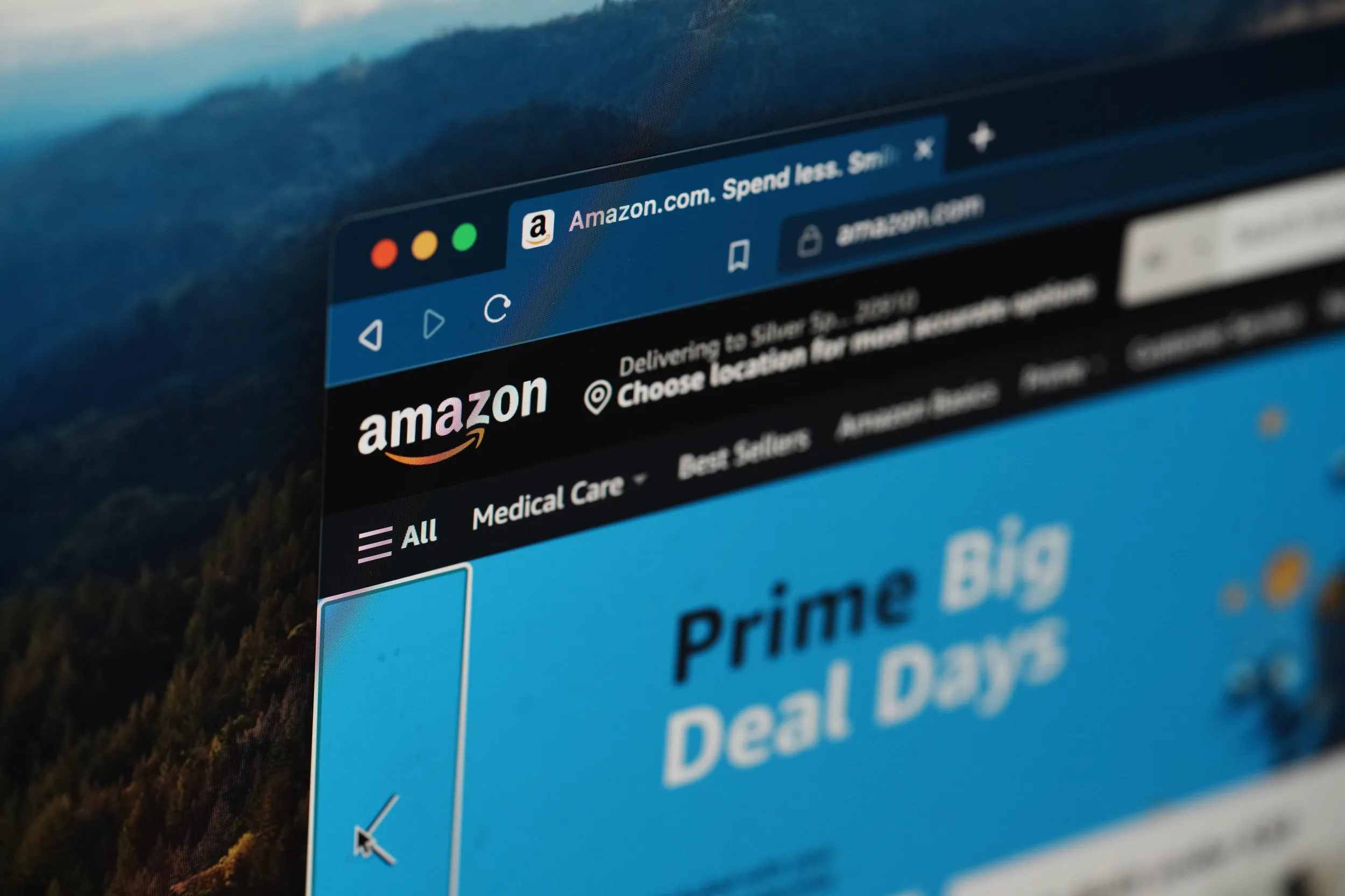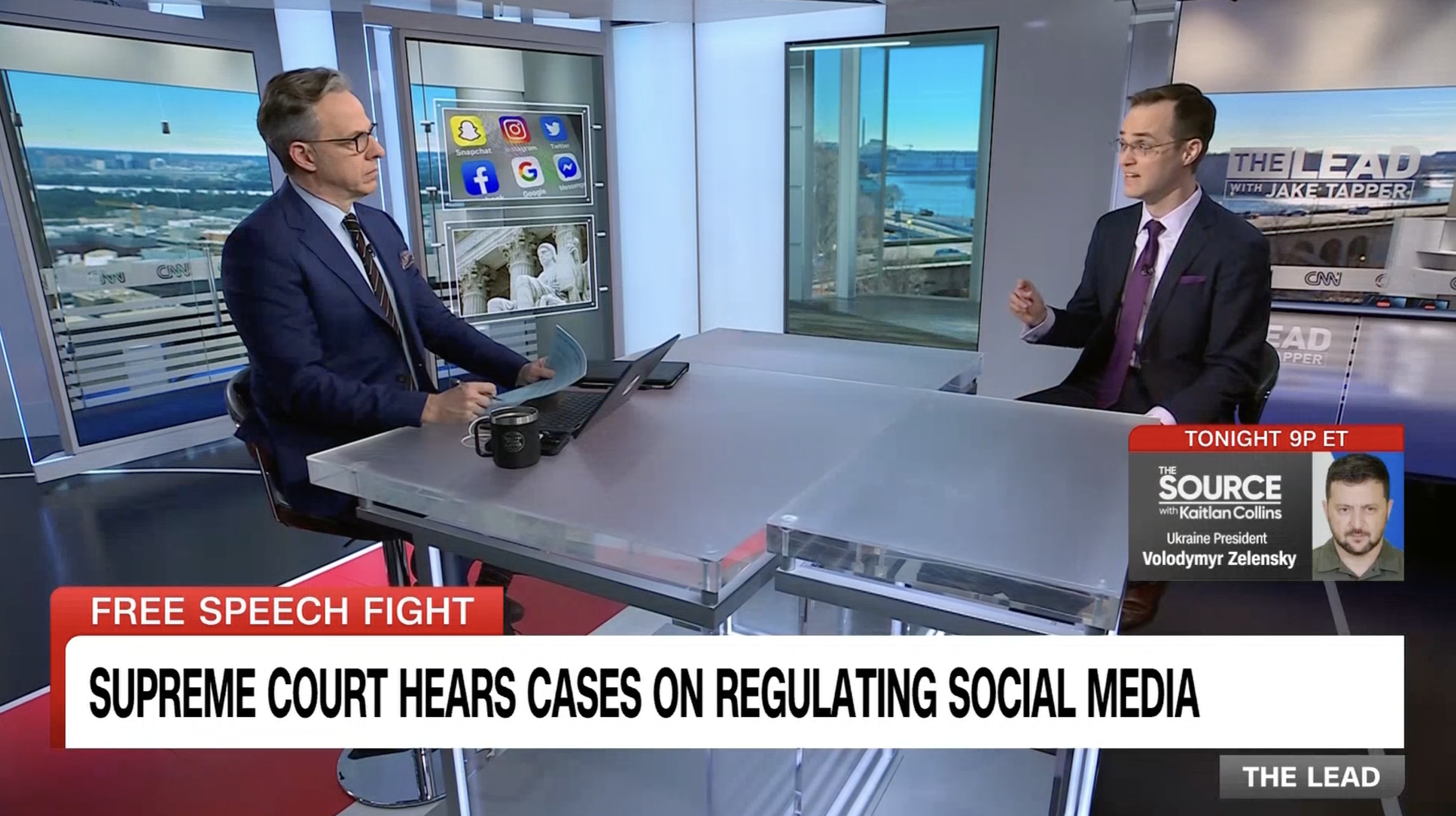Rejoice: Web Browsing Confirmed to Be Legal
Yesterday, after a 5-year legal battle, the Court of Justice of the EU (CJEU) concluded in the Newspaper Licensing Agency case that Internet users do not infringe copyright when their web browsers temporarily cache website files.
As DisCo covered last year, the news aggregation service Meltwater had been embroiled in litigation on both sides of the Atlantic. When the U.S. litigation settled, it appeared at the time that there might be no answer on the outstanding question of whether a license was required for regular Internet browsing. The European case proceeded, however, yielding yesterday’s decision that it is lawful to browse lawful Internet sites.
One might reasonably express some exasperation that the question was even an issue, but as the IPKat weblog explains, under European copyright law, every reproduction that is not covered by specific and narrowly interpreted exceptions is an infringement. Here, the relevant exception is Article 5(1) of the EU Information Society Directive (ISD).
This exception is important and stands out: in contrast to all other exceptions listed in the ISD, it is mandatory. EU Member States have to implement it into national laws. In order to benefit from this exception for ‘temporary acts of reproduction’, a number of conditions have to be fulfilled. The referring UK Supreme Court had already answered some in the affirmative. It was left to the CJEU to decide whether on-screen copies and cached copies made while browsing the Internet are:
- temporary,
- transient or incidental, and
- an integral and essential part of a technological process.
To the relief of millions of Internet users in Europe, the Court found all criteria to be satisfied. On top of that it also found Art. 5(5) of the ISD which subjects all exceptions to the Berne three-step test to be satisfied, too. The fulfillment of all these various conditions and the three-step test is probably the most complicated way of arriving at a very obvious conclusion: of course browsing the Internet will require on-screen and cached copies – these copies are technologically necessary.
After the judgment it remains a mystery how news publishers thought they could get away with their exorbitant claim. In fact, one could claim the answer to the question in the case has always been in the ISD itself. Recital 33 makes very clear that the exception for temporary acts of reproduction “should include acts which enable browsing as well as acts of caching to take place”. This means that when passing the ISD, policymakers explicitly wanted browsing to be covered by the mandatory exception for temporary reproductions.
Given all of the above, one can argue that this case could not have come out any other way. Maybe. The England & Wales High Court of Justice as well as the Court of Appeal initially had a different opinion on this supposedly clear-cut case. In addition, this was not the first case challenging the foundations of Internet use on the grounds of copyright. In the Svensson case we had an example earlier this year in which an everyday activity like hyperlinking was legally challenged. We commented on the Svensson judgment extensively here and here.
What these cases show is that copyright can substantially affect citizens’ ability to freely access and spread information on the Internet. Imagine a situation in which citizens would break the law by viewing a lawful webpage or by hyperlinking to freely accessible, lawful content to spread information. Even though the Court has provided a clear answer in the underlying case, one can legitimately ask whether we want to risk further situations in which copyright will be used as a proxy to challenge the very foundations of Internet use. The bigger challenge will be to make copyright apt for the digital age – today it seems somewhat misplaced at the very least.
Jakob Kucharczyk is Director in the Brussels office of the Computer & Communications Industry Association.








